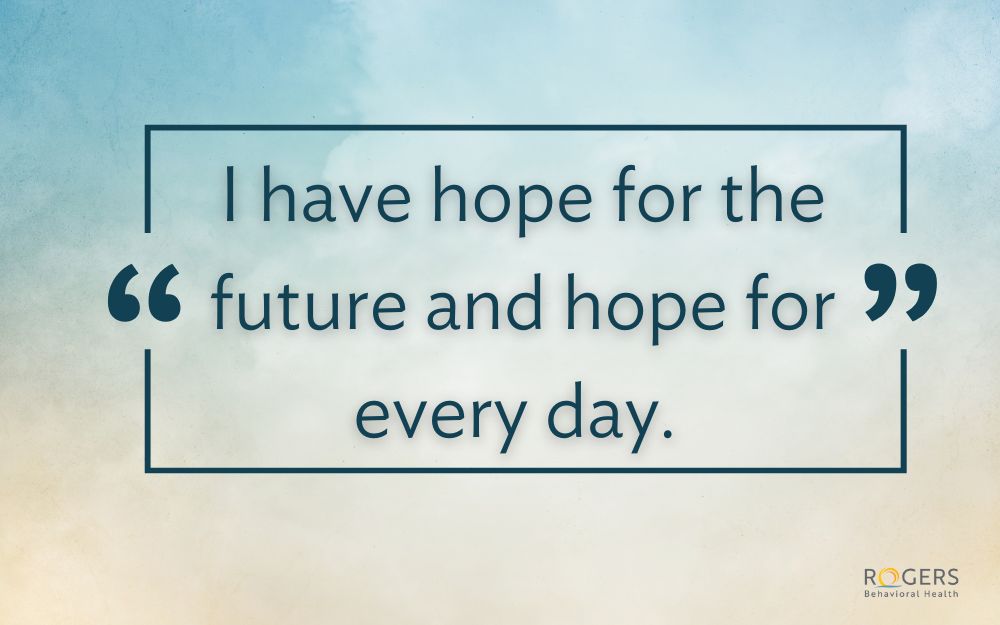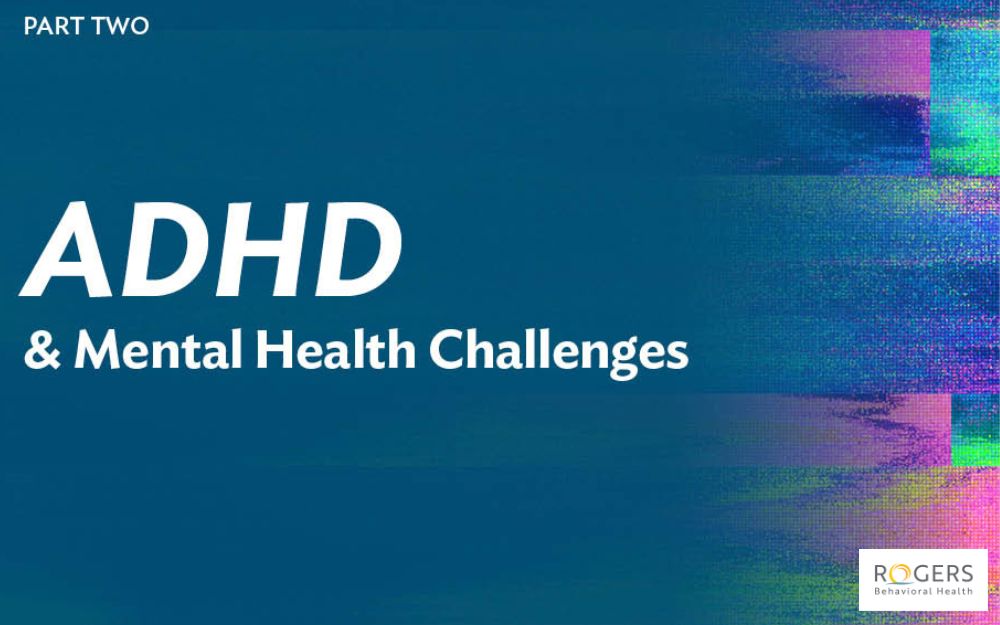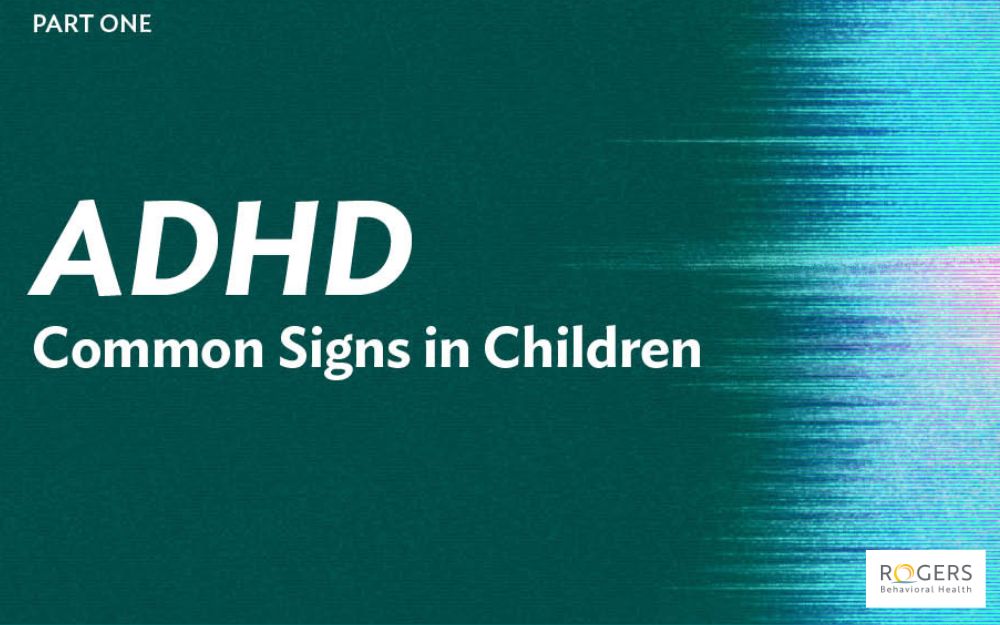3 tips for how to cope with re-entry anxiety during COVID-19
Posted on 05/27/21 01:12:pm
Share this article:
Re-entry anxiety. It’s what psychologists have named the stress nearly 50% of Americans say they feel about returning to “normal” post pandemic in a recent American Psychological Association (APA) report.
“It’s completely normal to feel a wide range of emotions right now,” says Mina Yadegar, clinical supervisor at Rogers in Los Angeles. “There’s excitement as we see COVID restrictions ease and face-to-face activities return, like going back to the classroom or office. There’s also stress and fear, because returning to society from quarantine can almost be like a culture shock.
We’ve been dealing with COVID guidelines for more than a year. According to the APA report, those who were vaccinated were just as likely to express unease with social interactions as those who haven't been vaccinated. It underscores the fact that we are still facing a lot of uncertainty,” explains Dr. Yadegar.
Dr. Yadegar has several suggestions to help ease re-entry anxiety.
1. Take small steps forward.
It’s important to live the life you want while continuing to abide by the CDC guidelines. We all need social interactions, and my advice is to start slowly, especially if you have anxiety about catching or spreading COVID. If you’re nervous about eating inside a restaurant, then eat outside or meet friends at a park for a picnic. There’s also an increased sense of social anxiety for many individuals of all ages right now because we haven’t enjoyed daily face-to-face interactions for a very long time. Gradual steps towards addressing the social anxiety may include reaching out to a friend or co-worker, answering one question in class, or asking a friend to take a walk outside with you.
2. Be kind to yourself.
Acknowledge that you feel anxious and unsure. The APA survey reveals you are not alone. Make sure you are practicing self-care. Getting adequate sleep, eating well, and exercising are good strategies.
3. Practice mindfulness.
Mindfulness is about being in the present moment without judgement. If you’re worrying about the past or future, you’re going to miss out on what’s happening in the present.
Dr. Yadegar says feeling some amount of stress can be helpful during the pandemic.
“It can motivate you to follow the CDC guidelines and do what you can to keep yourself and others safe,” Dr. Yadegar explains. “But, feeling anxious should not stop you from doing things you want to do in a safe way. If you find your level of anxiety is causing you to regularly avoid activities, causing you overwhelming distress, or interfering with your life, it could be a sign you need help.”
How Rogers can help
“Rogers has been providing evidence-based treatment for mental health and addiction for more than a century,” says Dr. Yadegar. “We offer personalized treatment for children, adolescents, and adults across the country.”
If you or a loved one is struggling, you can schedule a free, confidential screening:
- Call 800-767-4411
- Request a free screening using this form.
If you do not feel you need treatment right away, but may be concerned, we offer online quizzes to possibly provide some relief. While these quizzes do not provide a diagnosis, it could be the first step in finding the treatment you may need. Take our online Anxiety quiz today.



